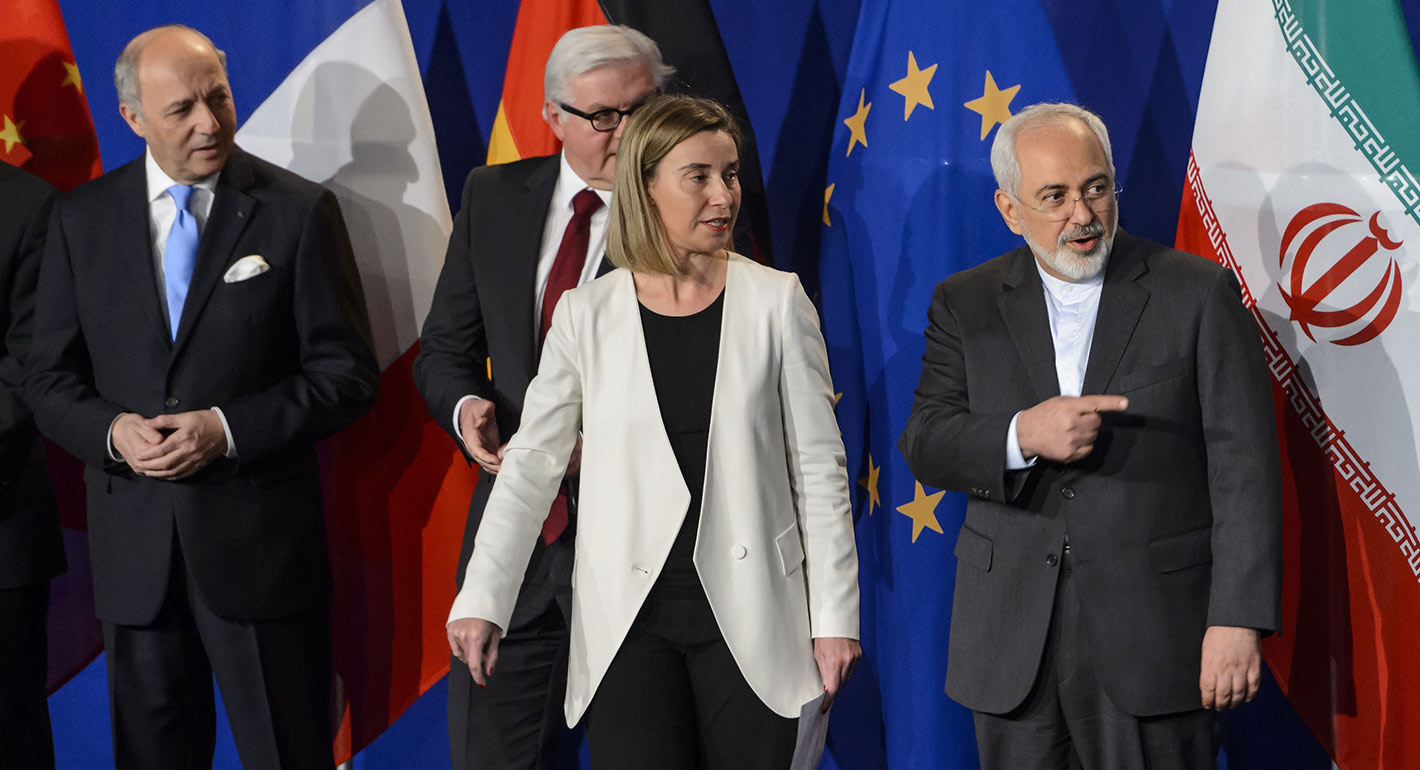Source: Italian Institute for International Affairs (IAI)
In merely two years, the prospects for EU–Iran economic relations turned from promising to imperilled. The US presidential election of November 2016 dealt a first blow to the euphoria following the signing of the nuclear deal in July 2015. Already at that point, the Islamic Republic’s volatile business environment and the reluctance of European banks to provide finance had prevented many companies from following through on their deals. To this was added the increased uncertainty about whether and when the new US president would fulfil his election promises to tear the deal apart. The scale of business activity consequently was less than anticipated, or hoped for.
With Washington pulling out of the deal in May 2018 and fully re-imposing its sanctions by November, the EU’s approach aiming to salvage implementation of the nuclear deal has hit a stone wall. That is because various US sanctions now effectively prevent any economic activity by European companies in Iran. Washington’s so-called “primary sanctions” had legitimately remained under the deal, banning US companies, including banks, from engaging in nearly all nonhumanitarian trade (i.e., excluding food and drugs) with Iran and in particular in any business relation with the Islamic Revolutionary Guards Corps (IRGC). Most importantly, US “secondary sanctions” are also in force again, threatening the companies of third countries – from Europe to India to South Korea and Japan – with considerable fines or a ban on access to the US market should they fail to cease their activities in Iran. What was thus considered a “warming up” period of European companies (re-)establishing relations with their Iranian counterparts soon turned decidedly cool again.
Read Full Text
This article was first published in the IAI Papers series in the framework of a joint research project run by the Foundation for European Progressive Studies (FEPS) and the Istituto Affari Internazionali (IAI) entitled “Europe and Iran in a Fast-changing Middle East: Confidence Building Measures, Security Dialogue and Regional Cooperation.”. FEPS and IAI retain copyright over the article.







